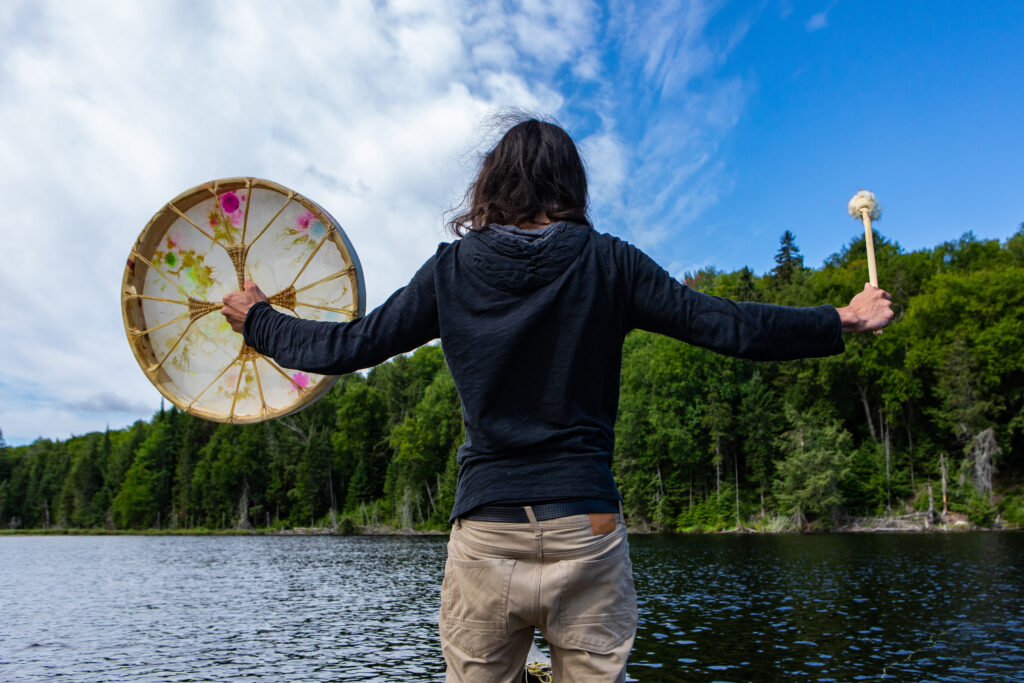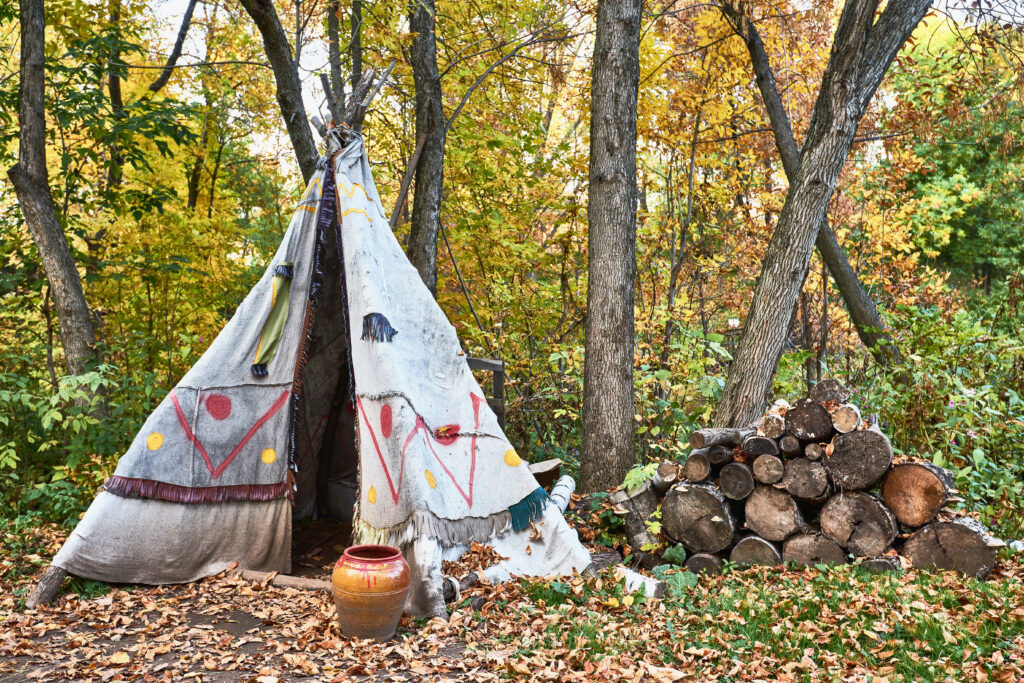This week brings two holidays: Thanksgiving and Native American Heritage Day. Not only do they sit next to each other, they are entwined in history and meaning.
For the most part, only Thanksgiving is enshrined in American culture. Schoolchildren grow up creating handprint turkeys each November to celebrate a feast shared between the Pilgrims and Native Americans; adults consider the holiday a commemoration of friendship and abundance. But it’s a story that omits the history and impetus for Native American Heritage Day.
What really happened on the first Thanksgiving?
There were positive things about the first Thanksgiving in 1621. At the time, the English settlers were starving, and half had died. Squanto, an important figure in Native-settler relations, taught them how to fish, hunt, and plant corn, serving as an emissary between the settlers and the local tribes. It’s worth noting that autumn harvest feasts of giving thanks were already a tradition in those tribes. When William Bradford, the governor of the Plymouth Colony, invited Massasoit, the Grand Sachem of the Wampanoag Federation, to a feast, they showed up with venison, lobster, fish, wild fowl, oysters, corn, and squash.
But the colonists did not return that spirit of goodwill, killing and enslaving countless Indigenous people in the coming years.
Today many Native Americans view Thanksgiving Day as a reminder of genocide – one that brushes over the slaughter of millions of Indigenous people while teaching children a false history. Some have declared Thanksgiving to be a National Day of Mourning; some fast from sundown the night before to sundown the day of to recognize the brutality and hardships endured by their ancestors.
Still other Native Americans opt for a more traditional Thanksgiving, carving up turkeys, eating pumpkin pie, and watching football. They understand the associated history, but also want to celebrate their blessings. Some spend Thanksgiving extending a helping hand to those in need.

What is Native American Heritage Day?
The day after Thanksgiving is shopping extravaganza Black Friday to many. But it’s also Native American Heritage Day. The idea is for all Americans to honor Native Americans and celebrate their history and contributions. The original Americans are more than their suffering – over the past five centuries, they have persevered, innovated, and achieved in significant ways that deserve more recognition.
The good news is that no matter who you are or what you do, you can play a meaningful role in celebrating Native American Heritage Day. Depending on your career, your community, or your interests, you can explore opportunities to….
- Analyze how well the United States is meeting its treaty responsibilities and honoring Tribal sovereignty
- Update lesson plans and academic curriculum to include accurate Native American history and current Indigenous issues
- Honor the many Native American veterans who have defended our nation
- Measure Native American workforce representation in sports, academia, technology, entertainment, healthcare, and other industries
- Assess diversity program inclusion in terms of Native American issues
- Promote visibility of the Murdered and Missing Indigenous Women crisis
- Expand Hollywood and media depictions of Indigenous people
- Close healthcare gaps rampant in Native American and Tribal communities
Into a Future of Abundance
Gathering with family and honoring our blessings is always a good thing. It’s the whitewashed mythology and erasure of genocide that’s the problem. Celebrating Native American Heritage Month doesn’t mean you have to give up Thanksgiving – but rather, don’t let it be the entire focus of late November. Give thought to Native American communities. Share the real history of the holiday. And if you can, join others in building an America that offers abundance and nourishment for everyone.


